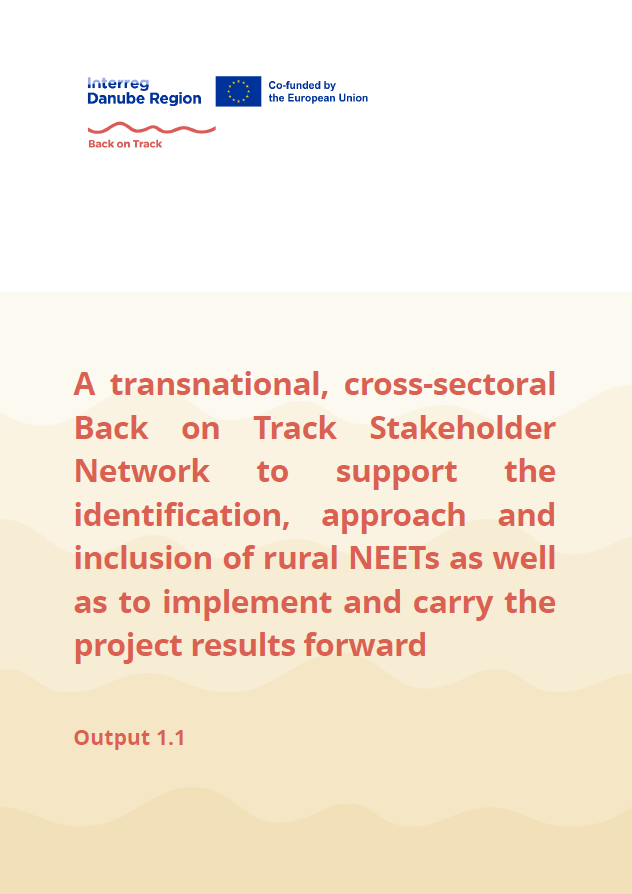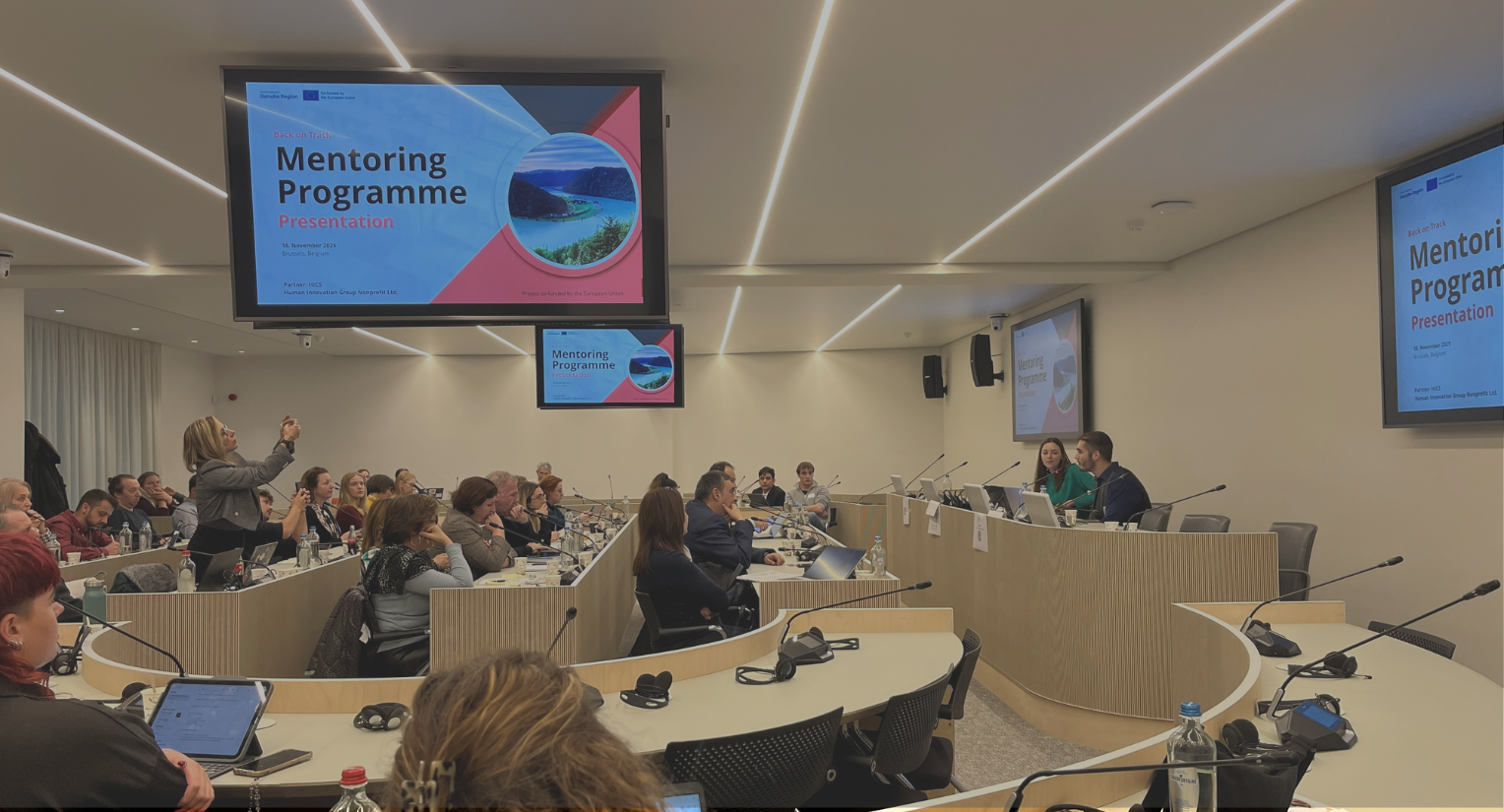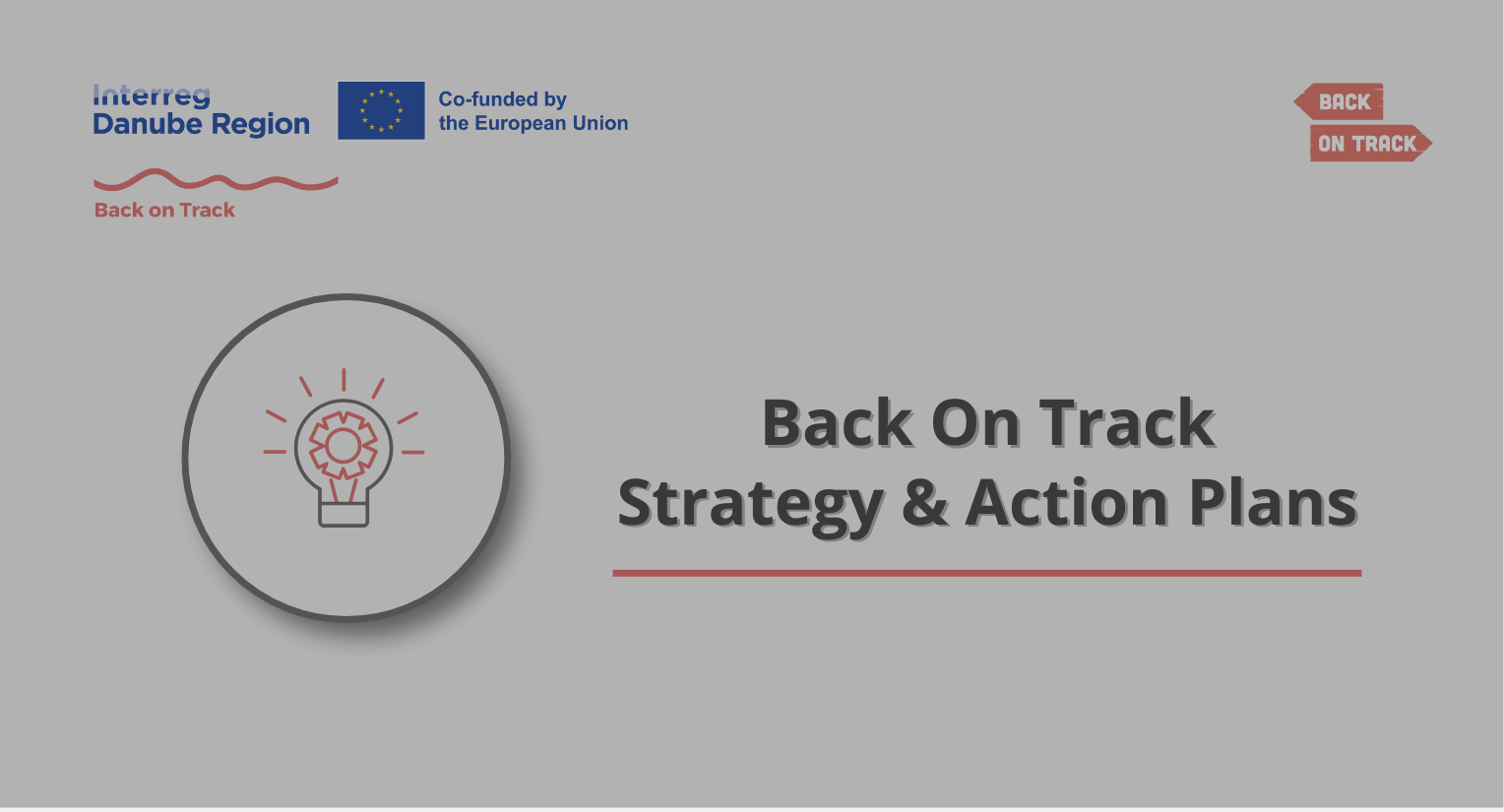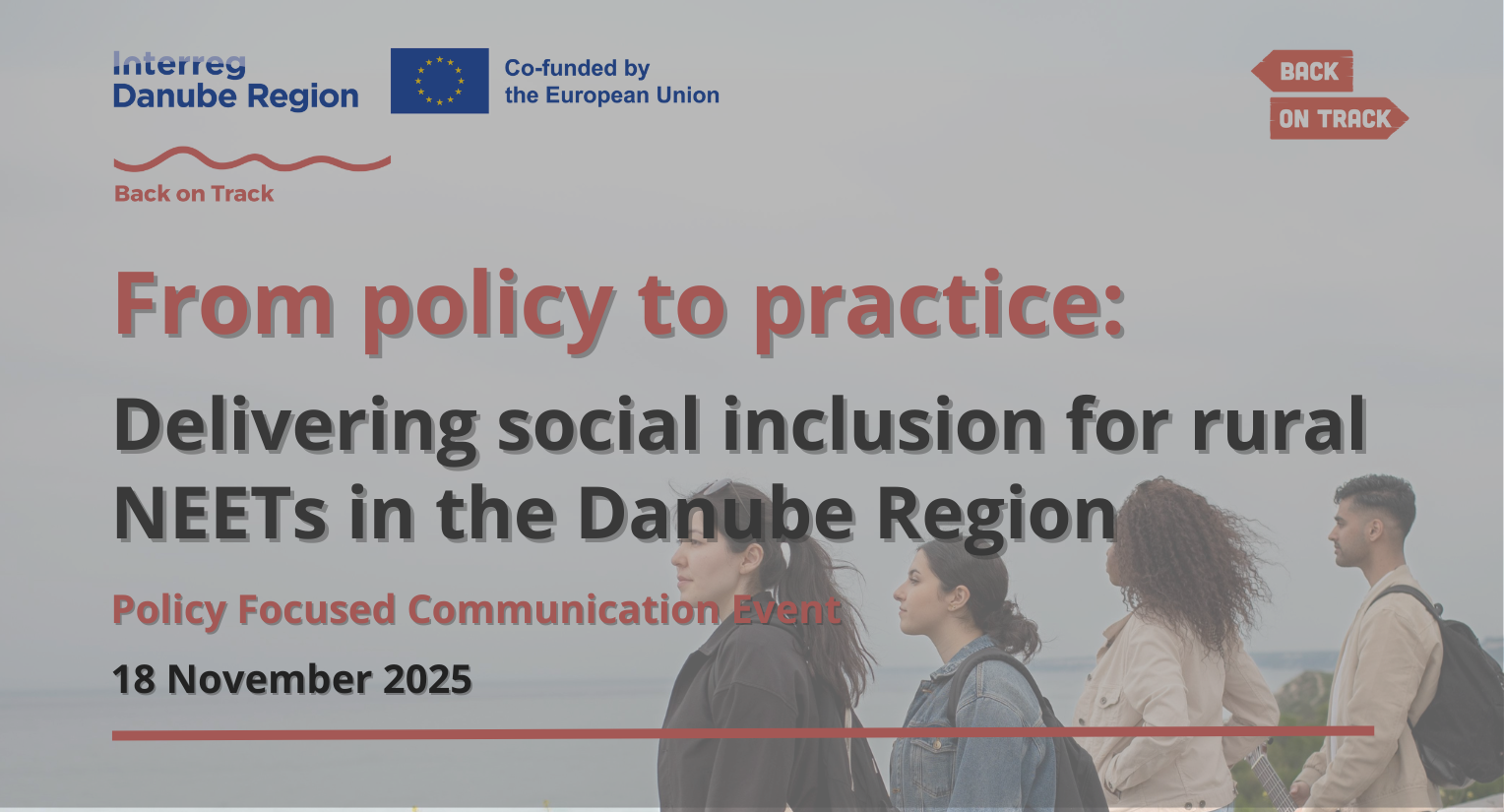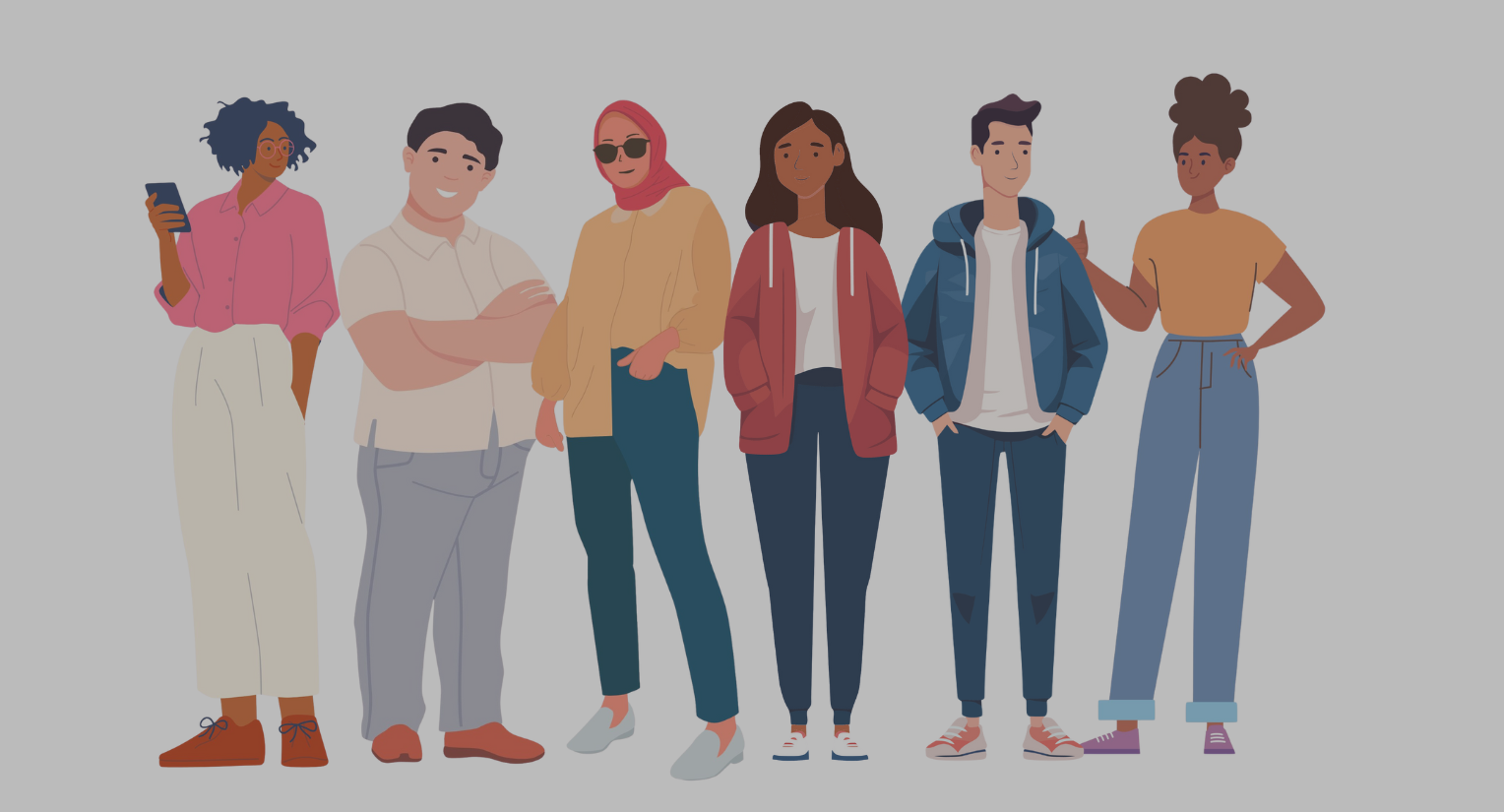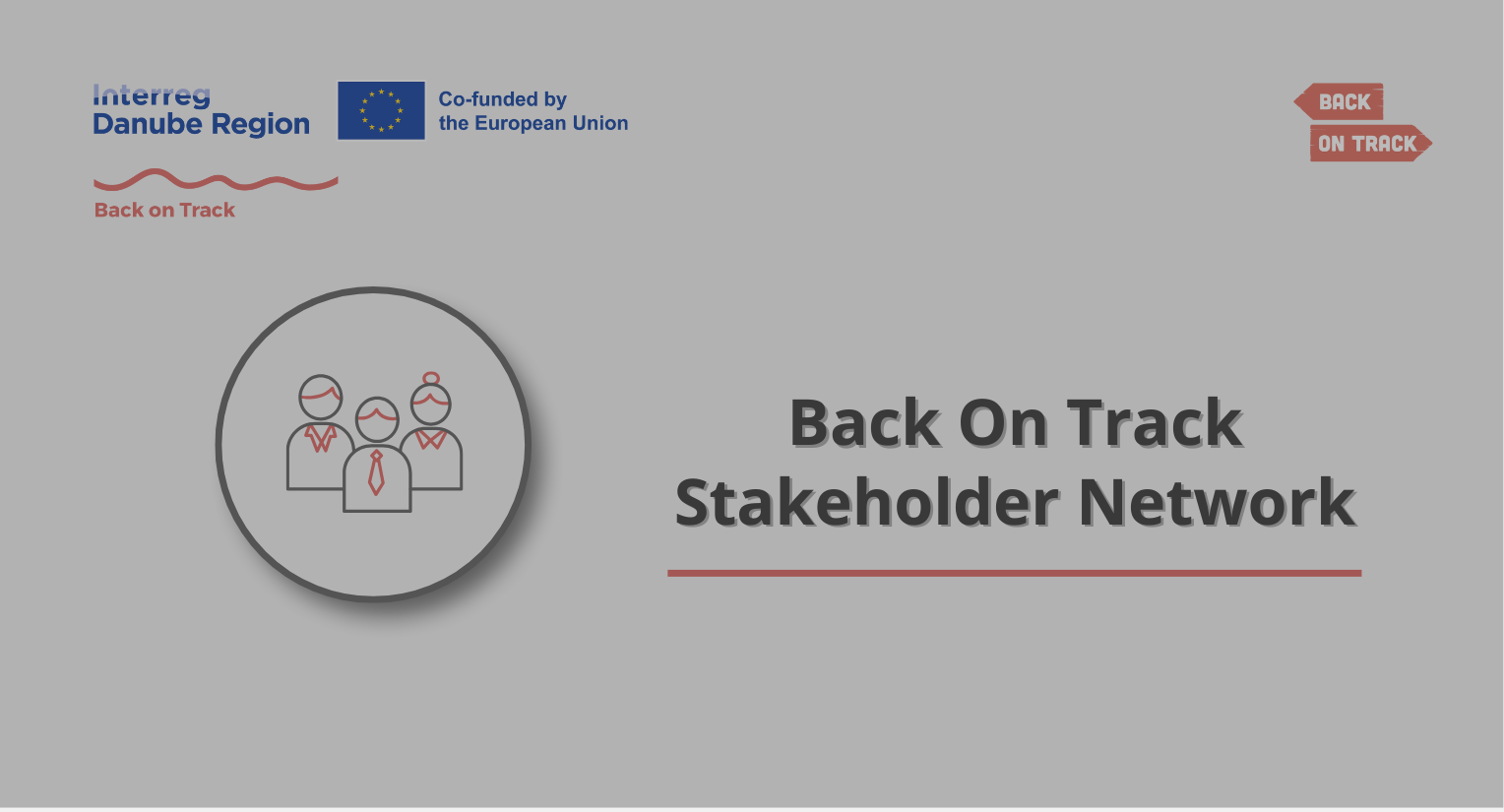
Back on Track Stakeholder Network: A Joint Path to Empowering NEET Youth
The Back on Track (BOT) project is a European initiative that brings together partners and organizations from across countries with one common goal – to support young people who are Not in Education, Employment, or Training (NEETs). Special attention is given to those living in rural areas, where barriers to inclusion are particularly challenging.
To achieve this, the Back on Track Stakeholder Network was established as a cross-border platform for cooperation. Its mission is to foster sustainable connections between education, the labor market, and social services, thereby strengthening opportunities for the long-term integration of NEET youth.
The main objectives of the network are:
ensuring the sustainability of project results beyond its official duration,
fostering collaboration between different sectors in identifying and supporting NEET youth,
sharing and disseminating good practices across the Danube region and beyond,
co-creating solutions that directly respond to the real needs of young people.
Membership in the network is based on signing the Declaration of Intent, through which organizations commit to active participation, knowledge exchange, and contributing their expertise. Our goal is to engage at least 100 signatories, while striving to expand the network even further – since the more voices are involved, the stronger the impact we can achieve.
How is the network being built?
The network has been taking shape through a series of international stakeholder workshops, each providing opportunities for knowledge exchange and joint problem-solving.
The first workshop focused on introducing the project and defining stakeholder roles. Discussions highlighted the potential of digital tools to reach rural youth, explored strategies to overcome digital barriers, and examined approaches to long-term motivation.
The second workshop built on these foundations by working on a strategy for NEET inclusion. Particular emphasis was placed on personalized mentorship, psychosocial support, and ensuring access to education and public services. Stakeholders co-created proposals that linked local organizations, communities, and institutions.
The third workshop was dedicated to concrete solutions and pilot programs. A rural mentoring model was presented, alongside interactive learning activities designed to strengthen both digital and life skills. Stakeholders also shared good practices from the field and explored opportunities for sustainable cooperation.
Through these steps, the network has evolved into a community of experts, institutions, and organizations that, by combining their knowledge and experiences, are building pathways towards a more inclusive future for young people across Europe.
News & Events
Read the most recent updates and explore the upcoming events.

